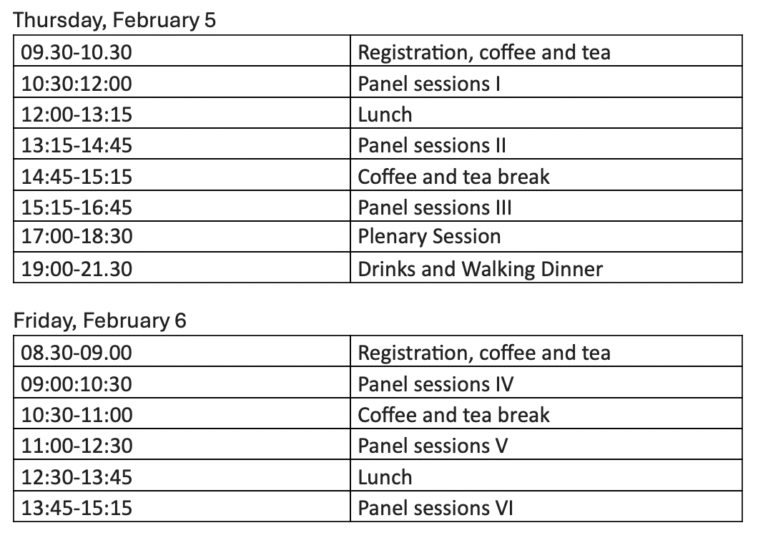22nd NIG Conference - Practical information

The 22nd NIG Conference will be hosted at the KU Leuven Instituut voor de Overheid. On this page, you will find some practical information about the conference. Please note that this page will be updated regulary as soon as more information become availabe.
Conference fees
The conference fees for our 2026 conference depend on your affiliation with NIG
- The conference is free for people who are a NIG member (senior and PhD).
- The conference costs 225,- euros for people employed by a NIG member university. All member universities can be found here.
- The conference costs 285,- euros for people not employed by a NIG member university.
Are you unsure whether you are a member? Feel free to e-mail us!
Maximum capacity
This year, our conference has a maximum capacity of 350 participants. Due to the increasing popularity of the conference, this means that we have to follow these guidelines to make sure everyone has a fair chance to participate:
- We can admit 1 author per accepted paper who will be presenting that paper, as long as they register before the deadline.
- We can admit NIG PhD-members or NIG senior members – with or without a paper, as long as they register before the deadline.
- We can admit a maximum of 2 non-presenting chairs per panel, if they register before the deadline.
Registration will open in the first week of November. The deadline for registration is December 20th, 2025. If there are still spots available after this deadline, we will communicate this to everyone in our community.
Location
The conference will be hosted at the Mgr. Sencie Instituut at KU Leuven. The address is:
Building number: 118-01
Erasmusplein 2
3000 Leuven
Belgium
Conference program (preliminary)
Please find a preliminary conference program below. Each panel session will consist of about 4 presentations per panel.
Please be aware that, since the NIG conference has grown a lot in the past four years, we cannot take preferences for timeslots into account. Once the number of papers per panel is clear, the organization will allocate the timeslot(s) to your panel.
Panel sessions will be organised into “streams” of similar topics as much as possible. This means that panels on a similar topic will follow after each other, spread out over both days.
